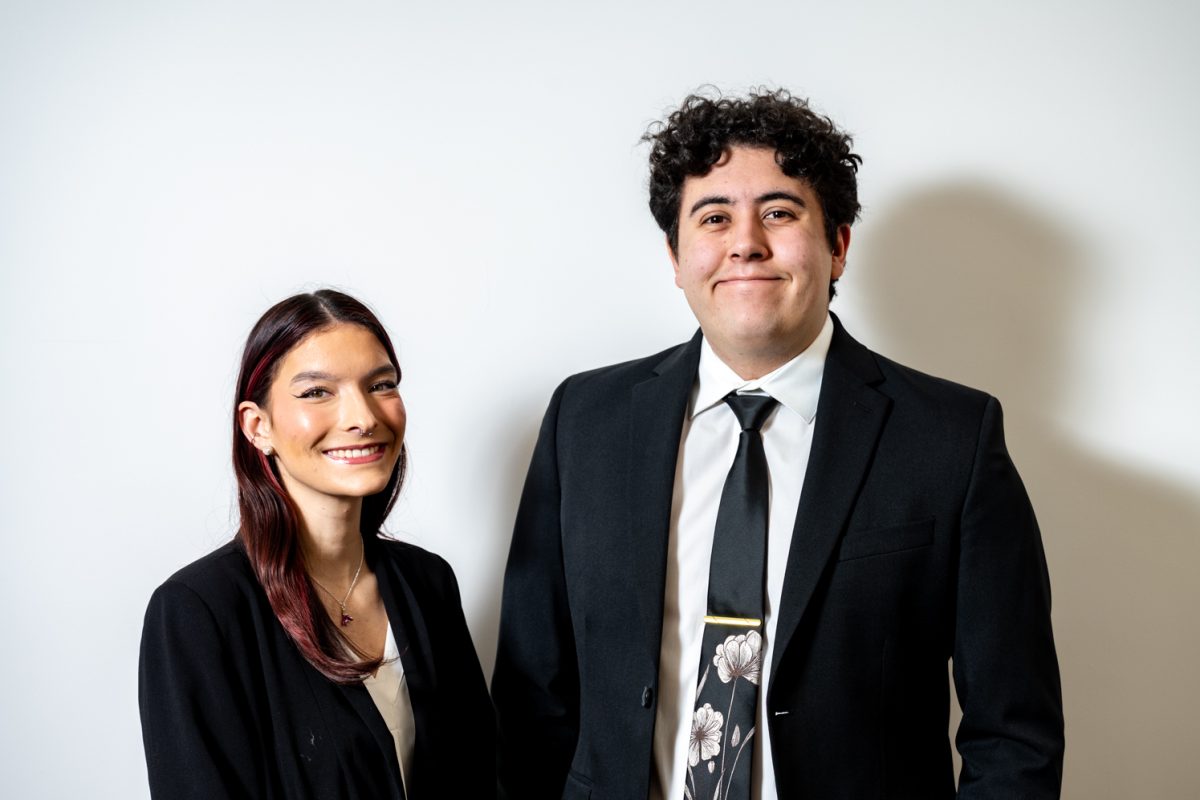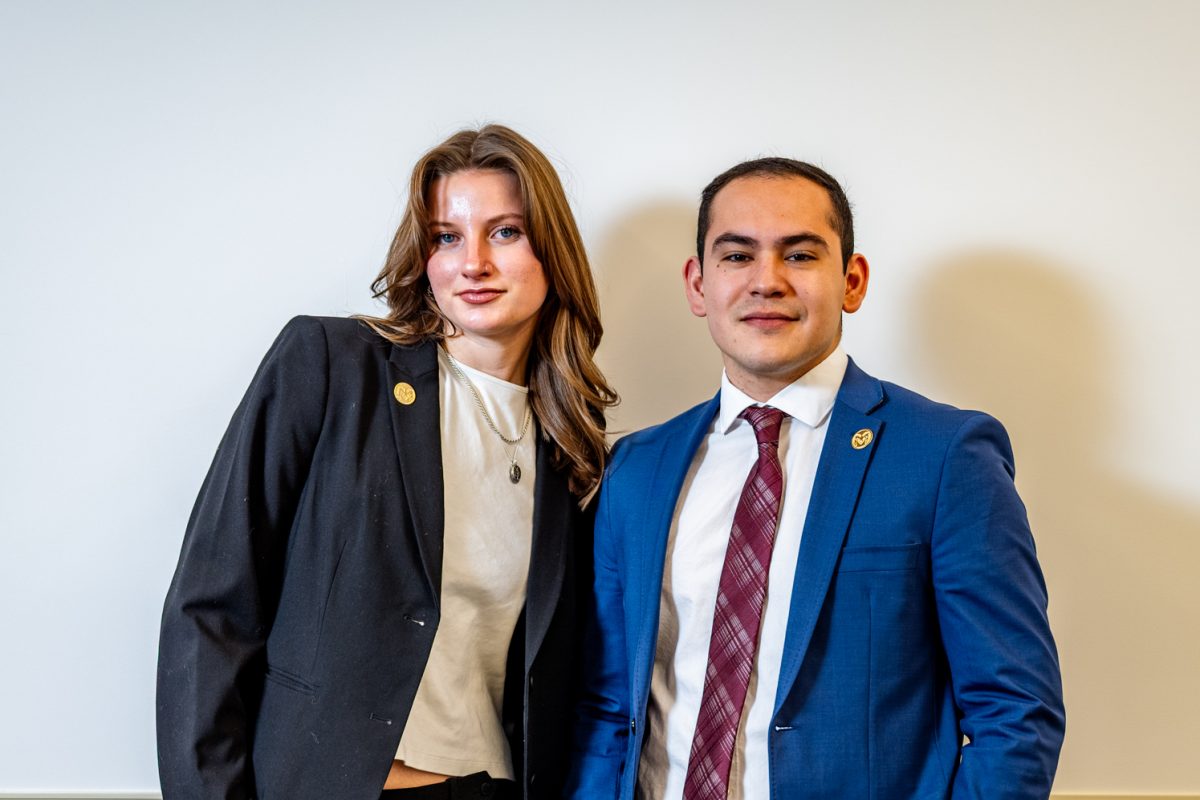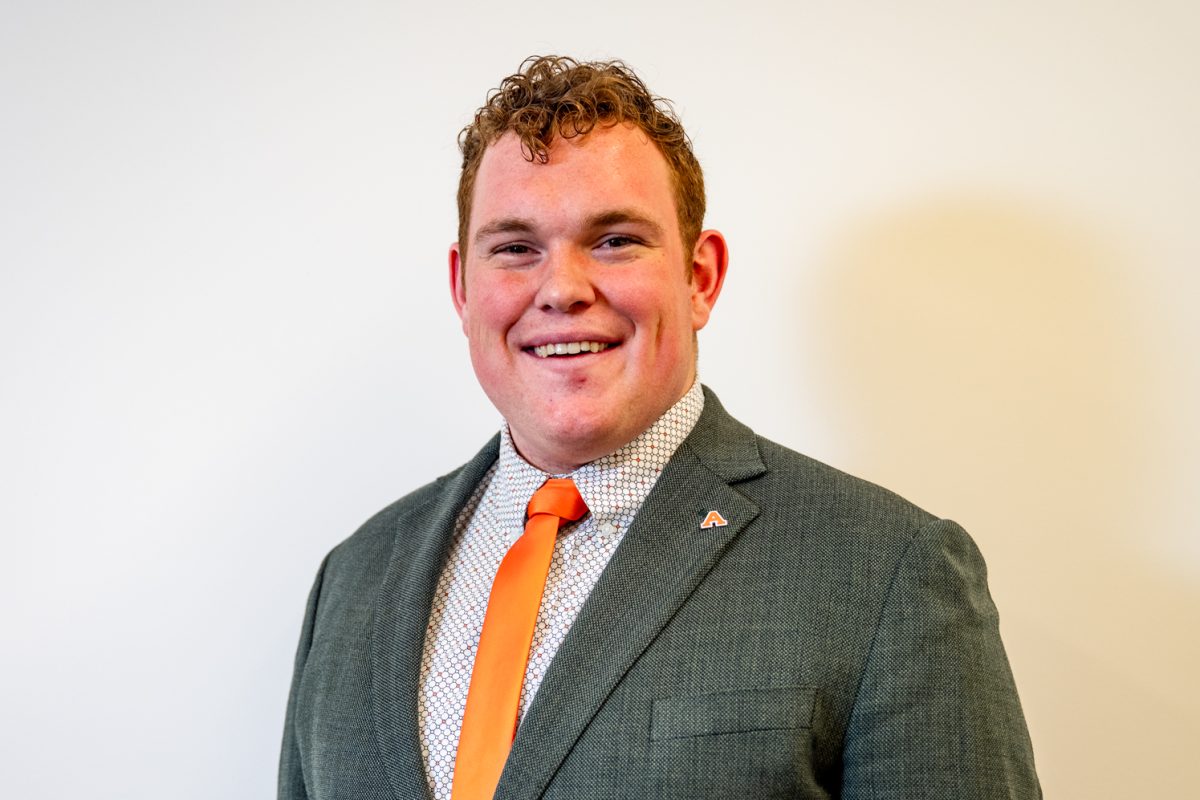Elections are quickly approaching for Poudre School District, and the outcome will shake up the way children in Northern Colorado learn.
The purpose of this election is to bring in four officials to represent four director districts: A, B, F and G. Once an official is elected, that person will serve for four years.
Officials who are elected will be working as volunteers to serve the district and the community. The candidates also must live in the district they represent. The complexity of the election process is a result of the large geographic area and the diversity of the students who are in the PSD.
Superintendent Brian Kingsley published a video talking about some of the challenges facing the Poudre School District. Kingsley spoke about the issue of declining enrollment within some of the districts, and he also mentioned that other districts are growing and may even require new schools to be built in order to handle such high enrollment. PSD also has an estimated $1 billion in improvement needs — money the school district simply does not have.
However, the school district has received an increase in its budget, according to its website. The revenue per pupil is now listed at $9,037.97 — an all-time high. This may seem like a high cost, but the national average per pupil as of May of this year was $14,347, much higher than PSD. PSD also states on its website that the state of Colorado is withholding “$300 million in funding from school districts statewide through the application of the budget stabilization factor,” according to the district website.
PSD will hire an independent external facilitator who will lead a facilities planning steering committee. This new committee will be responsible for evaluating program expansions and attendance areas.
The candidates running this year are Andrea Booth, Conor Duffy, Kevin Havelda, Kurt Kastein, Caleb Larson, Scott Schoenbauer and Jessica Zamora. The winners of this group of candidates will impact the future of one of Colorado’s largest school districts.
Havelda emphasized the care of children in the district. It’s a goal of Havelda’s to ensure more support for students’ mental health, multilingual children and students attending school in proximity of home.
“A kindergartner should not be forced to attend a school far outside of their own neighborhood just to have the same access to education as their peers who do not have the same background,” Havelda said.
Havelda plans to help students by promoting the work of other support teams and institutions such as the Early Childhood Education program, and he is aiming to expand resources in the district. Havelda also plans to take a stand on religion in the classroom.
“I will reject any and all measures that attempt to shoehorn in religious ideology into our public schools under the guise of ‘parental rights’ or other radical dog whistles,” Havelda said.
Havelda was also opposed to the idea of introducing politics to the classroom. This has been a hot topic for many classrooms nationwide in recent years.
“I am vehemently opposed to the weaponization of political theater in our classrooms; our classrooms should be sanctuaries of learning and development for our young people,” Havelda said. “They are not places to insert political ideology or an arcane interpretation of Leviticus to advance national culture wars.”
Schoenbauer said he has three main goals if he gets elected: a required financial literacy course for all students who want to graduate, distraction-free learning environments and increased partnerships with the school district and the community. One aspect of Schoenbauer’s distraction-free learning environments is tighter restrictions on cellphone usage in the classroom.
“Let’s face it: We’re all addicted to our phones,” Schoenbauer said. “Giving students a break from their phones during the day can be tremendously beneficial. Currently, each classroom has different rules, and students are frequently distracted by texts and social media during class time.”
Schoenbauer’s financial literacy class would teach students about loans, credit cards and more beneficial financial information.
“Too many students are coming out of high school not fully understanding how student loans, car loans, apartment leases and credit cards work,” Schoenbauer said.
Schoenbauer has three children in the district and said that if it’s a good idea, it should not have to be forced onto anyone.
Larson, another candidate and a PSD product, also spoke about the upcoming election. He primarily focused on two improvement areas: transparency and fiscal responsibility. PSD has been called out for its lack of transparency in the past and, as mentioned earlier, needs $1 billion for necessary improvements.
“I want to see that PSD is efficiently and intentionally spending taxpayers’ dollars in a way that maximizes every penny possible into the classroom,” Larson said.
Larson plans to keep their emails public and will open up more public discussions to better communicate with the community. Larson is also aiming to crack down on unnecessary spending in the district, such as board member dinners.
“I see no reason that the board of directors cannot lead by example,” Larson said. “In my opinion, there is no reason that taxpayers should be paying for the meals of administration and board members twice a month.”
The Colorado State University graduate has a deep connection to the city and community of Fort Collins as well as PSD.
“I know I will bring the needed ideas, energy and passion to ensure our district better supports students and teachers while also representing the interests of our stakeholders,” Larson said.
This election will have a heavily felt impact on the youth of Fort Collins and the state of Colorado. The 2023 Poudre School District election will be held Tuesday, Nov. 7.
Reach Tyler Weatherwax at news@collegian.com or on Twitter @twwax7272.






